When Botswana
first offered free AIDS treatment, health authorities in
one of the world's most infected countries braced for a
rush. It didn't come. Most people were still too
afraid to get tested for the deadly scourge.
The startling reluctance to seek help in one of
the few African nations able to provide it prompted a
radical rethinking of how testing is done here. An HIV
test is now offered as a routine part of any medical visit.
In most countries, patients are left to ask for
a test themselves, then put through extensive
counseling to prepare them for the outcome. But
despite decades of education campaigns, World Health
Organization officials estimate that fewer than
10% of HIV-infected people in the African countries at
the epicenter of the pandemic realize they have the
virus that causes AIDS.
Botswana's decision to start routine testing
initially caused alarm among international health
advocates, who worried that patients' rights to
confidentiality and informed consent would be compromised.
"I think the first right of a human being is to be
alive. All other rights are secondary," countered
Segolame Ramotlhwa, operations manager for the
national treatment program dubbed Masa, or New Dawn.
He argued that confidentiality was being
confused with secrecy, making doctors reluctant to
even suggest testing for a disease that has infected
more than a third of Botswana adults. Doctors believe
pulling patients aside for special counseling is
intimidating and helps fuel the stigma that keeps
patients from seeking help.
Howard Moffat, medical superintendent at
Princess Marina Hospital in the capital, Gaborone,
said people who were not sure they wanted to know
their HIV status often emerged from counseling determined
not to be tested. "I think the medical profession
itself...played a major role in creating this fear of
AIDS and this quite irrational reluctance to be
tested," he said.
Since the beginning of 2004, Botswana has
treated HIV tests like any other medical procedure.
Patients have the option to refuse, but doctors say
most don't. They estimate up to 35% of the 1.7 million
population now know their status.
If the test result is HIV-negative, a
health worker will briefly reinforce the importance of
staying that way. If HIV-positive, the patient will
receive help to manage the condition and treatment when
needed. Most people only see a doctor when their symptoms
are severe, by which time it may be too late. It takes
three to four times more resources to save someone who
arrives on a stretcher than someone who is still on
their feet, Ramotlhwa said.
When Kelatlhilwe Segole was pregnant, she was
not offered an HIV test and unwittingly passed the
virus to her daughter, now a 7-year-old. Both are now
on treatment, but her husband refused to be tested until he
was in a wheelchair. "I kept telling him he will die
because of not knowing his status," said the
fragile-looking 27-year-old, as she waited in a
daylong line for her medicine.
Much of the emphasis on voluntary testing and
counseling came from HIV's early association in the
United States with homosexuality, which is widely
taboo in sub-Saharan Africa, home to more than 60% of the
estimated 40 million infected globally. This became the
international standard, even though HIV is now
overwhelmingly a heterosexual disease that killed 2.4
million on this continent last year alone.
Life-prolonging antiretroviral medicines that
have turned HIV into a manageable chronic condition in
wealthier countries remain out of reach for all but a
handful in Africa. They are expensive, and most countries
lack the medical staff and infrastructure to dispense them widely.
Botswana was the first country to offer free
medicines to all who need them in 2002. It now has
half the estimated 110,000 in immediate need on
treatment. Botswana rights activists agree on the urgency of
reaching the other half but worry that many consent to
a test without being prepared. There is a cultural
reluctance to question doctors here.
A study of antenatal clinics in Botswana's
second city, Francistown, found that 90.5% of women
tested for HIV in the first three months of the new
policy, compared with just over 75% in the last four months
of the voluntary approach. Many, however, failed to
return for their results. "At the moment it seems like
a numbers game, a total drive to get people to know
their status. The question is, Then what?" said
Christine Stegling, of the Botswana Network on Ethics, Law,
and HIV/AIDS. "I have a feeling that what is happening
is, health care providers are getting out of
communicating meaningfully with their patients."
The new approach is more likely to reach women,
who are more frequent visitors to health services
because of pregnancies. Men continue to be
underrepresented in Botswana's treatment program. Stegling
believes testing numbers are going up in part because
people are starting to see the effects of treatment.
WHO and UNAIDS now encourage routine testing in
all HIV-prevalent areas where antiretrovirals are
available. But for millions, a positive result remains
a death sentence. (AP)







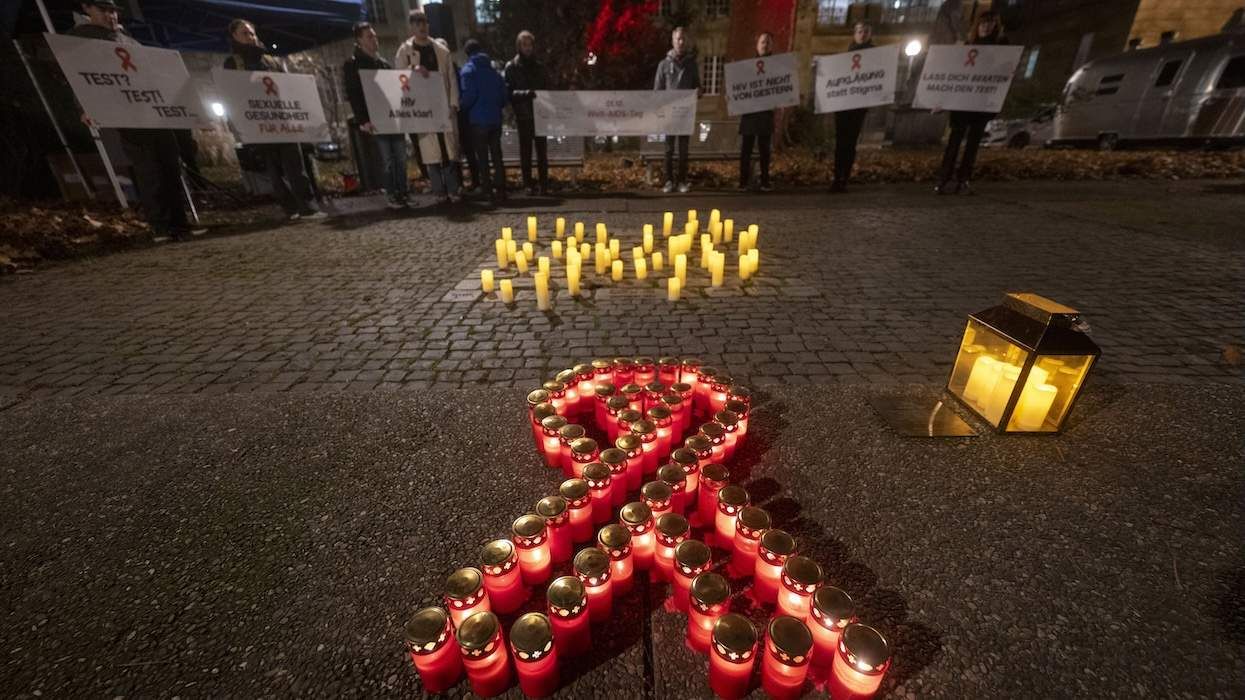


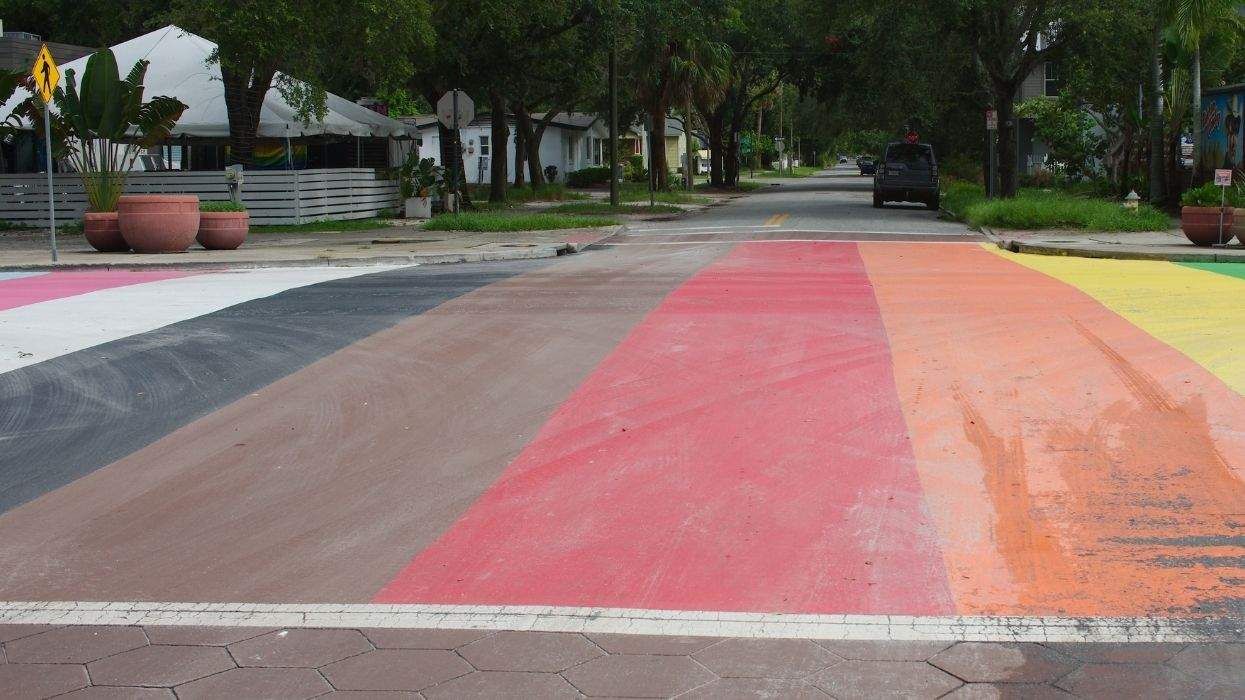
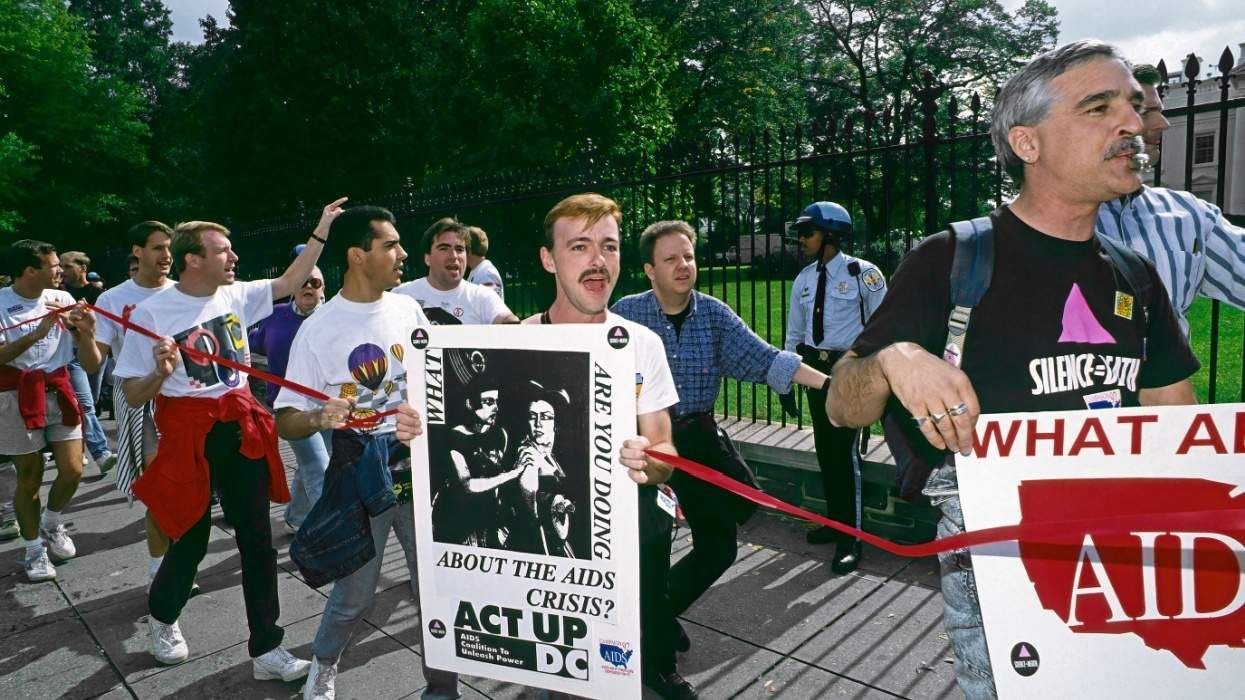

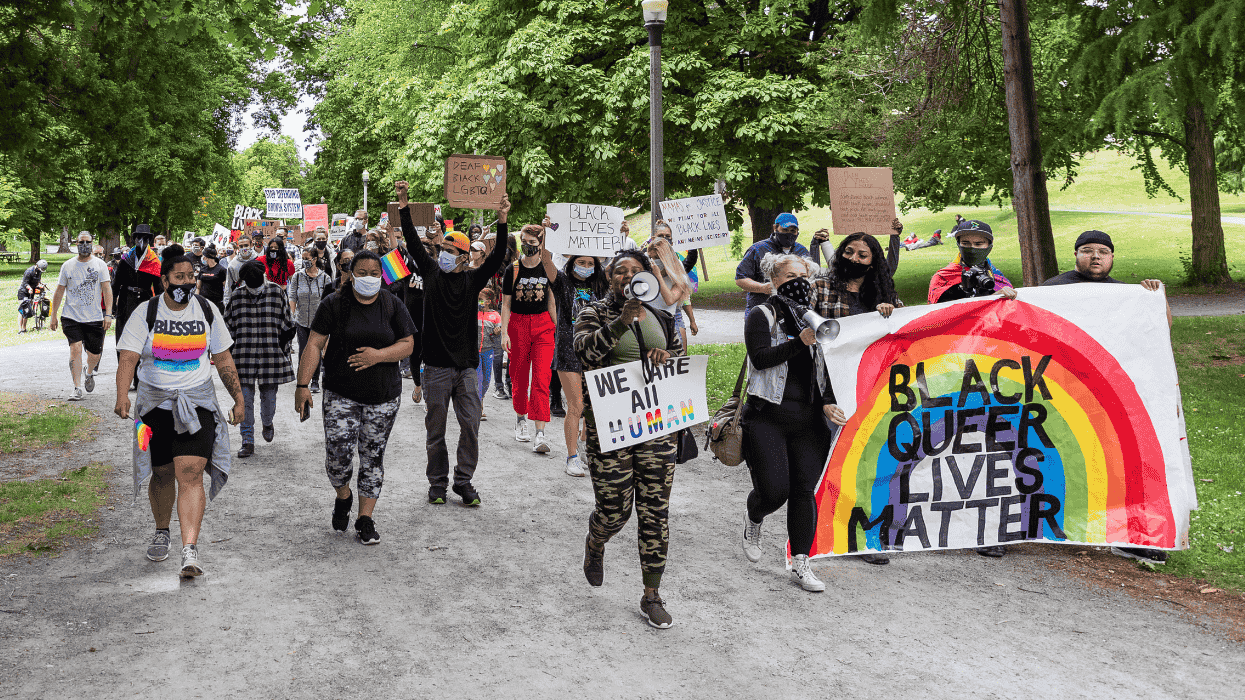
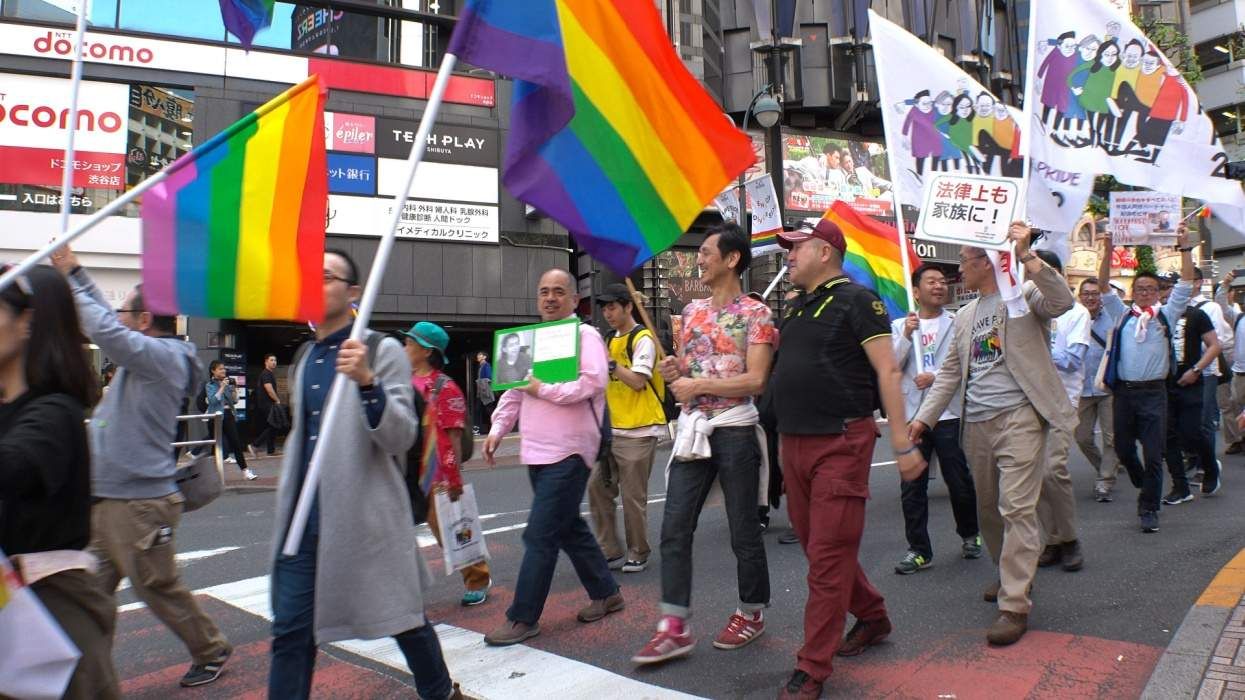





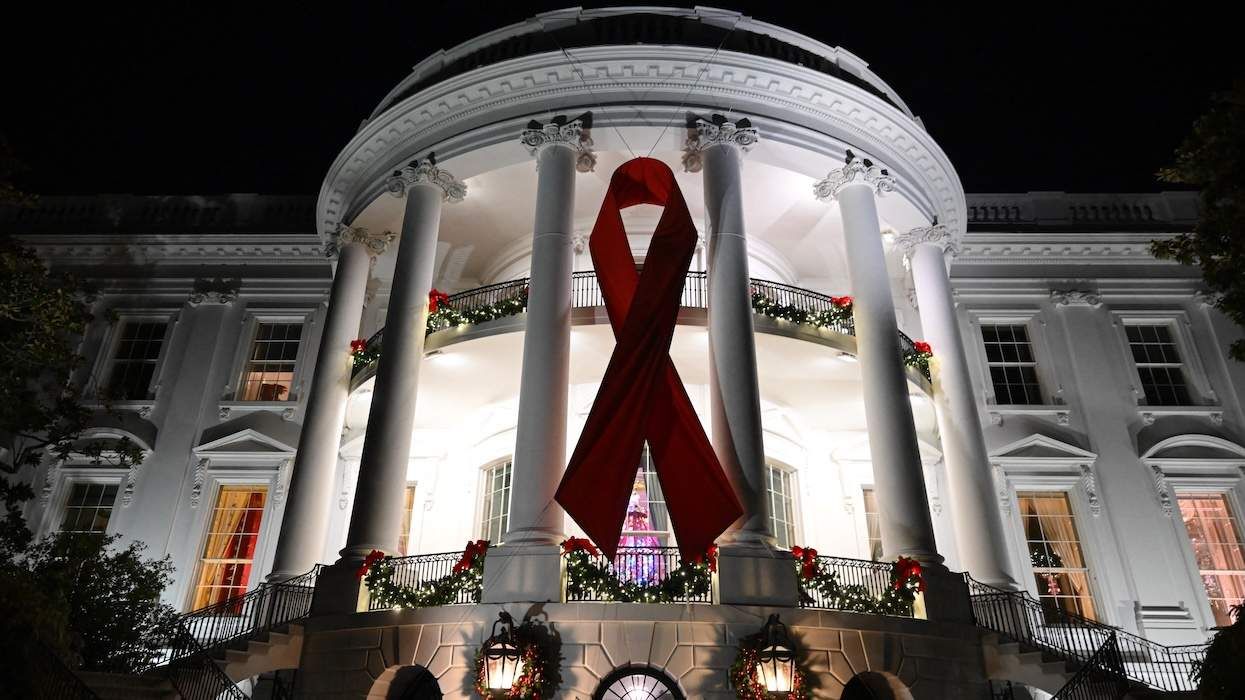

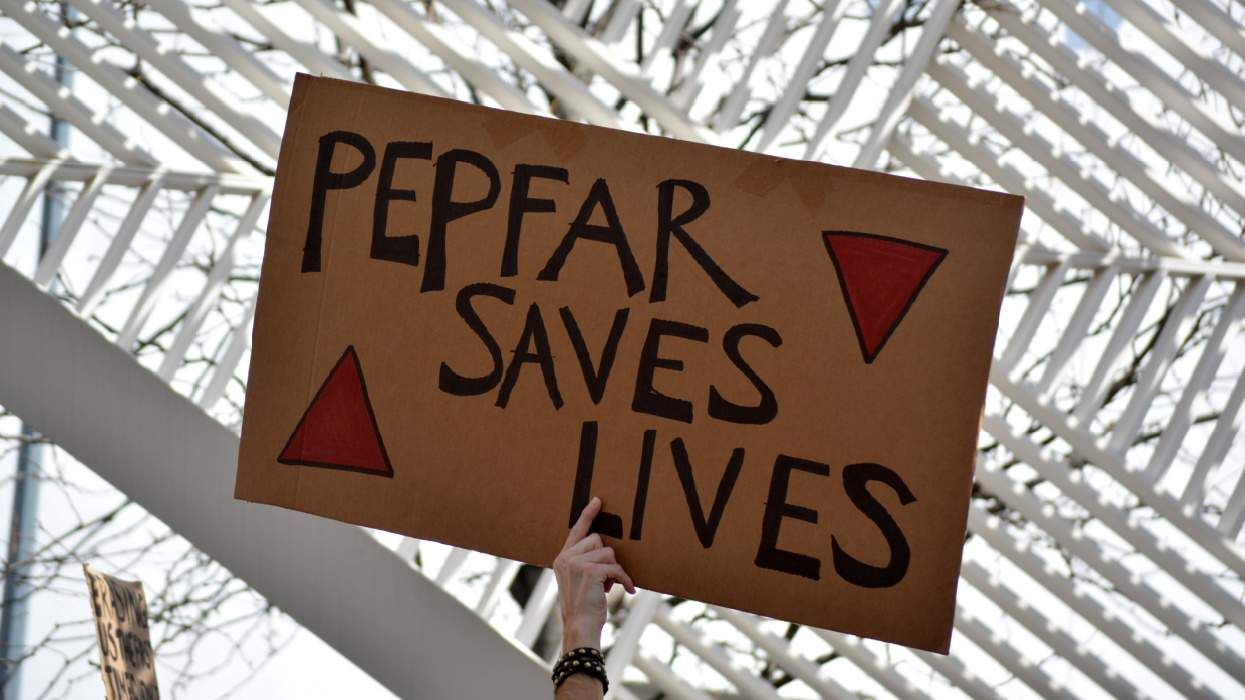

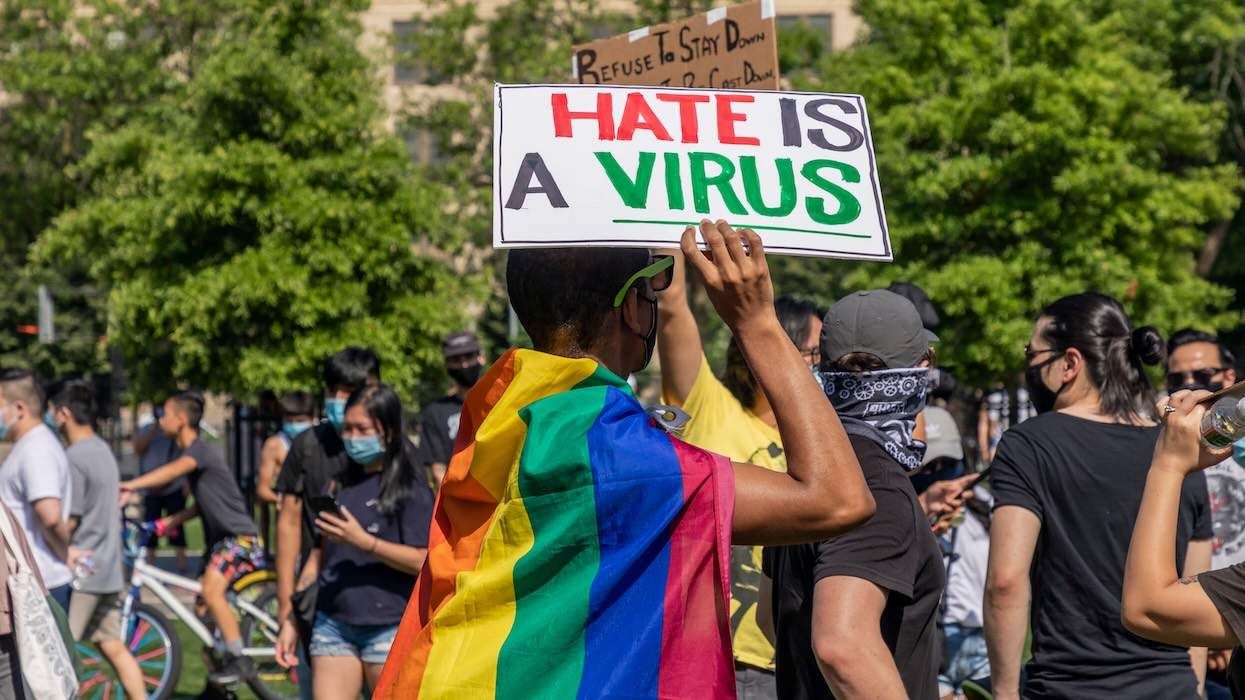











































Charlie Kirk DID say stoning gay people was the 'perfect law' — and these other heinous quotes